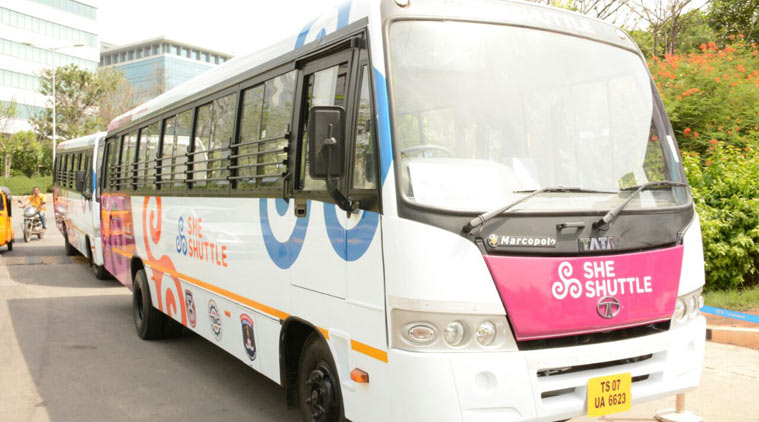On-demand shuttle services had been seen by many as a way to ease India’s growing traffic and pollution problems. By operating on popular routes at peak hours, these services took cars off roads and also provided consumers a cheaper alternative to cab hailing companies. Over the last year, several startups emerged in the area, including ZipGo, RBus, and Shuttl, while cab hailing giant Ola had also thrown its hat into the ring, launching Ola Shuttle.
But much like Uber and Ola before them, these startups have run afoul of public authorities. ZipGo had its Bangalore offices raided and its vehicles impounded last week. RTO officials claimed that ZipGo was operating without proper licenses and unfairly competing with government-run BMTC buses. ZipGo contends that they are just an online platform aggregating the shuttles.

A few days after the Bangalore raid, Ola Shuttle and Shuttl’s operations were suspended in Gurgaon. Bharat Bhushan, Assistant Secretary at the RTA, said, “Ola and Shuttl have got license to operate under the Stage Contract Act which is valid for intercity travel (without multiple stops in city limits), however, they can ply in the city limits (intra-city) only under Contract Carriage Act. This is illegal and we have started penalising them over the last one week.”
Interestingly, Uber had also faced similar opposition from governments across the world during its expansion. Yet cab hailing services are now the norm, and several countries have instituted legislation to cater to this new form of technology. With Indian state governments under pressure to ease traffic woes and bring down rapidly escalating pollution levels, shuttle services offer a simple and effective means to fix both issues. Now it’s up to the bureaucracy to step up and bring these services under the ambit of local laws.
